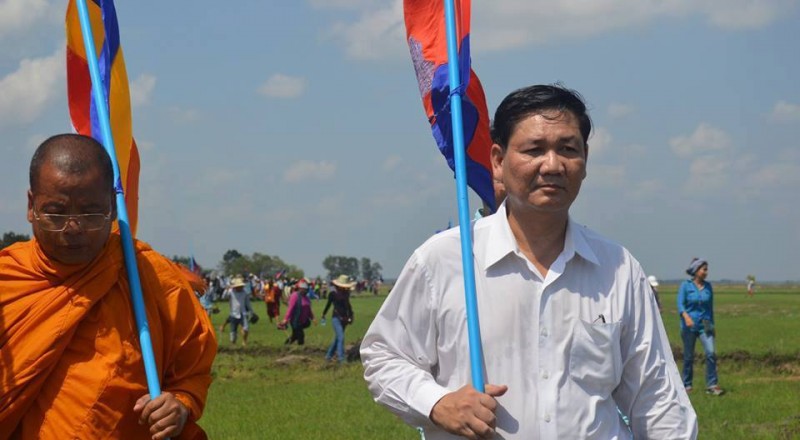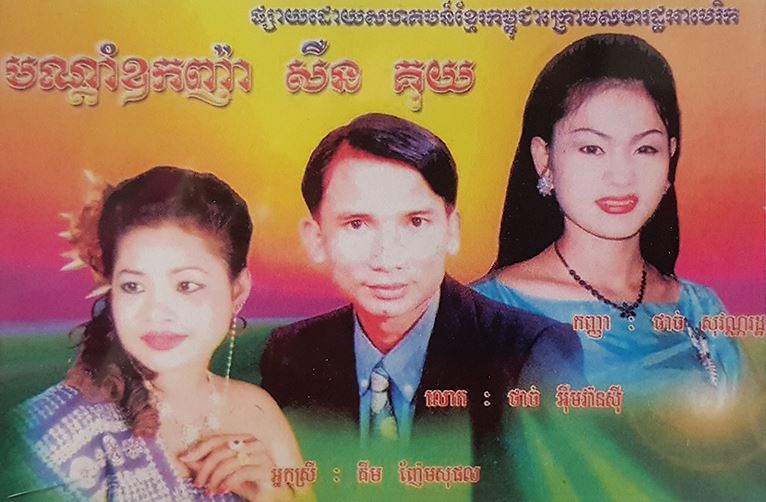Hun Sen talks poverty

Prime Minister Hun Sen talks at the Global Poverty Reduction and Development Forum in Beijing on Friday, where he outlined the government’s strategy for tackling poverty. Photo supplied
Zoe Holman, The PPhnom Penh Post
Mon, 19 October 2015
Prime Minister Hun Sen has outlined Cambodia’s strategy for tackling poverty in a keynote speech to a United Nations forum in Beijing marking the 2015 International Day for Eradication of Poverty.
Addressing the gathering of leaders on Friday, the premier lauded the 1 billion people brought out of poverty worldwide since 1990, noting Cambodia’s achievement in reducing the population living below the poverty line from 53.2 per cent to 13.5 per cent between 2004 and 2014.
Yet he also emphasised the continued risk of thousands of Cambodians slipping below the threshold into poverty.
“People living close to the poverty line – in rural areas, those who are deprived of any protection from the government and those who receive minimal economic opportunities – are prone to falling back into poverty through economic shock or natural disasters such as droughts, or rising food and oil prices,” he said.
“Because poverty is multifaceted . . . we must create an opportunity for all people to participate in socioeconomic activities.”
Toward this goal, Hun Sen outlined five key strategies: maintaining long-term economic growth; investing in agriculture and infrastructure to ensure food security; accelerating trade liberalisation; upgrading education; and promoting financial inclusion.
The opposition Cambodia National Rescue Party, however, cast doubt on the success of the government’s initiatives to date as well as its future commitment to the economic inclusion of Cambodia’s poorest.
“We know that 70 per cent of economic growth goes to benefitting less than 5 per cent of the country’s most rich and powerful,” said CNRP lawmaker Son Chhay. “That is why the gap between Cambodia’s rich and poor is so wide – that is the real problem. You cannot use political data to fool people because poverty depends on what measure you use.”
The Kingdom’s persisting inequities were underscored last week by other statistics from the Global Hunger Index in which Cambodia ranked 60 of 104 states on a scale of hunger severity, confirming its continued classification as having a “serious” hunger problem.
Despite global poverty-reduction targets, Chhay said low wages among the country’s farmers, land grabs and widespread political corruption are better indicators of Cambodians’ economic empowerment.
“Unless you are honest on what the problem [is], then you will not be able to find a solution,” he said.
Related
សូមគាំទ្រឧបត្ថម្ភ សហគមន៍ខ្មែរក្រោម Support KKC
សូមអរគុណដ៏ជ្រាលជ្រៅចំពោះសប្បុរសជននូវវិភាគទានទាំងនេះ។
We’re On Facebook

Sign in
Click here to reload the page over ssl.




